I am tone deaf, the only one from 7 siblings, my father was musical and played the guitar, he was self taught, my mum use to sing on a Melbourne radio station and sang at local hotel. I have 2 daughters, both musical, the youngest moreso then the eldest. The youngest daughter’s 4 children are all musically inclined.
I too find it difficult to understand different languages, but I love music and have enjoyed taking part in choirs and dancing.
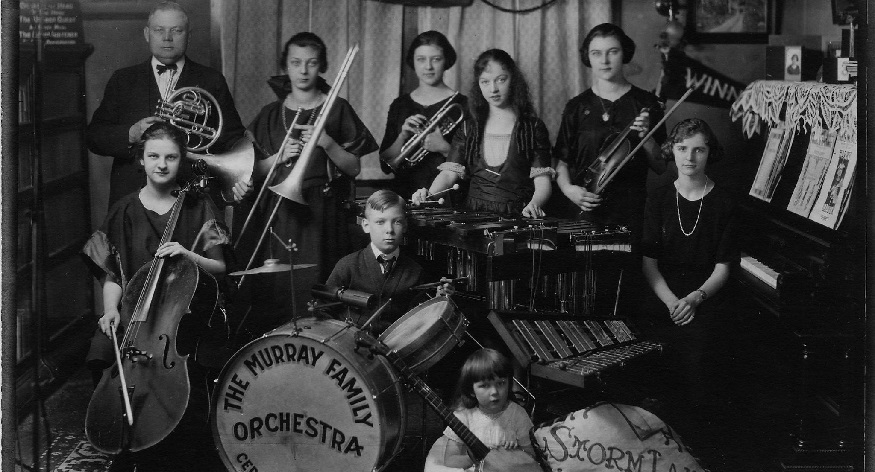

Families have been making music together since long before the von Trapps and the Jackson 5. It’s not uncommon for an accomplished musician to have one or more family members who are also talented with music — and this is no coincidence.
Find out what’s in your genes — order a MyHeritage DNA kit
Genes have an important role to play in determining musical ability. In one study (Mosing M et al, “Practice Does Not Make Perfect: No Causal Effect of Music Practice on Music Ability,” Psychological Science 2014, 25:1785), Miriam Mosing and her colleagues from the Karolinska Institute in Sweden compared the musical skills of 1,211 pairs of adult identical twins and 1,358 pairs of fraternal twins. They tested participants’ ability to detect differences in pitch, distinguish melodies, and recognize rhythms. They found that even when one twin practiced significantly more than the other twin — in one case, 20,228 hours more — their level of musical ability was more or less the same.
An earlier study by researchers at the University of Helsinki (Pulli K et al, “Genome-wide linkage scan for loci of musical aptitude in Finnish families: evidence for a major locus at 4q22,” Journal of Medical Genetics 2008, 45:451-456) reinforces these findings. They tested 224 members of 15 different families of musicians and found that musical ability is 50% inherited.
Several studies have found that human evolution favors people with an ear for music. The abilities that make someone good at music are associated with other crucial life skills. Being more sensitive to pitch and tone, for example, increases your ability to distinguish nuances in language and speech and to mimic foreign accents. Studies have shown a significant correlation between musical talent and the ability to learn a foreign language. The aforementioned research by Järvelä showed that the DNA sequences related to musical ability were also linked to dyslexia, indicating that musical ability is closely associated with language development.
A Combination of Nature and Nurture
One of the easiest components of musical ability to measure is absolute pitch, also called “perfect pitch”: the ability to instantly identify the pitch of a note being played. Most musicians need to hear the note played by a tuning fork or another tuned instrument to tune an instrument, using the note as a reference. People with absolute pitch don’t need a tuning fork — they instinctively know whether what they are hearing is an A, G sharp, or B flat.
Studies have shown strong links between genetics and this ability, but that doesn’t mean it’s innate. Our conventions about tones and their names are largely arbitrary. Even a person with perfect pitch can’t name a note before they have learned the musical scale.
The part you inherit from your parents, though, is the potential to learn. Exposure to musical training at a young age, or speaking a tonal language such as Mandarin, makes you more likely to realize this potential.
It works in the opposite direction, too. Research has found a strong genetic component to tone-deafness, or what scientists call “congenital amusia.” It only affects about 4% of the population, but if you are tone-deaf, 39% of your first-degree relatives are likely to have amusia.
Once again, though, it’s not all nature. A twin study found that though one twin being tone-deaf made it very likely that the other twin was tone-deaf too, there were cases where one was tone-deaf and the other wasn’t.


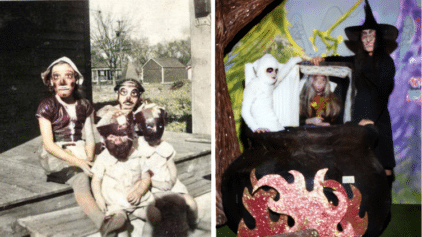
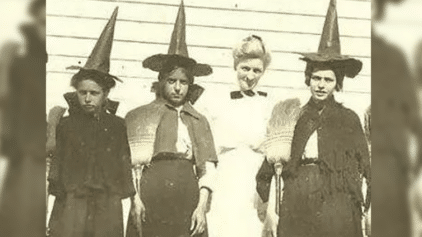
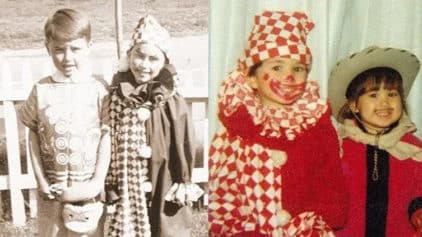
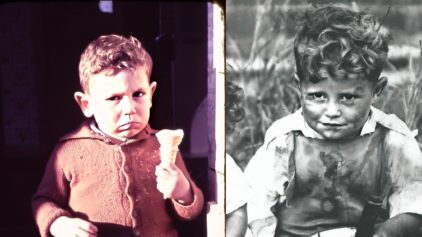

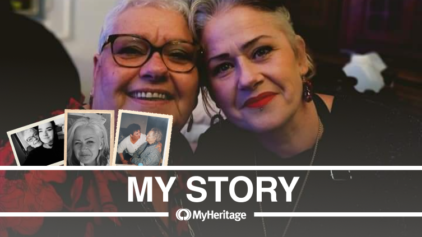


Leonard Smith
October 22, 2019
I am tone deaf, I appear to be the only member of my immediate family who is. This is something I have been aware of most of my life. At the age of 11, (I am now 81), my school teacher stopped me from singing at school. I have been researching my family history for some years now, and I have discovered that a large number of my ancestors from my unrelated families were all very musical, some sing and dancing for a living others playing in bands etc. I note your article says that tone deaf people also have trouble with learning other languages, I have also had trouble with this.